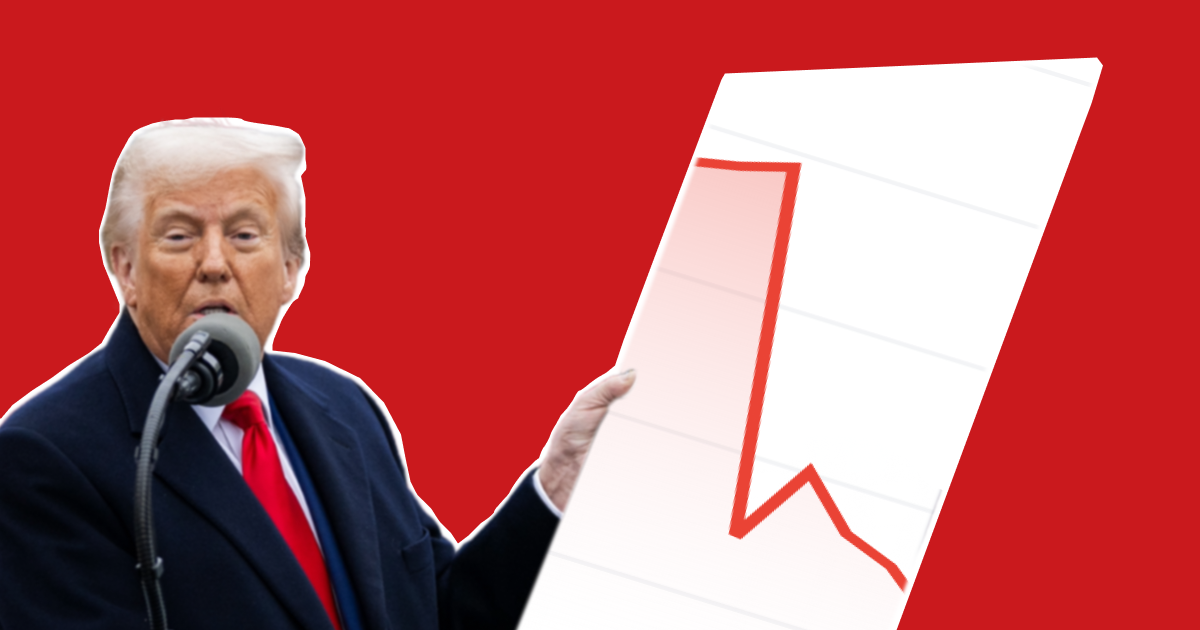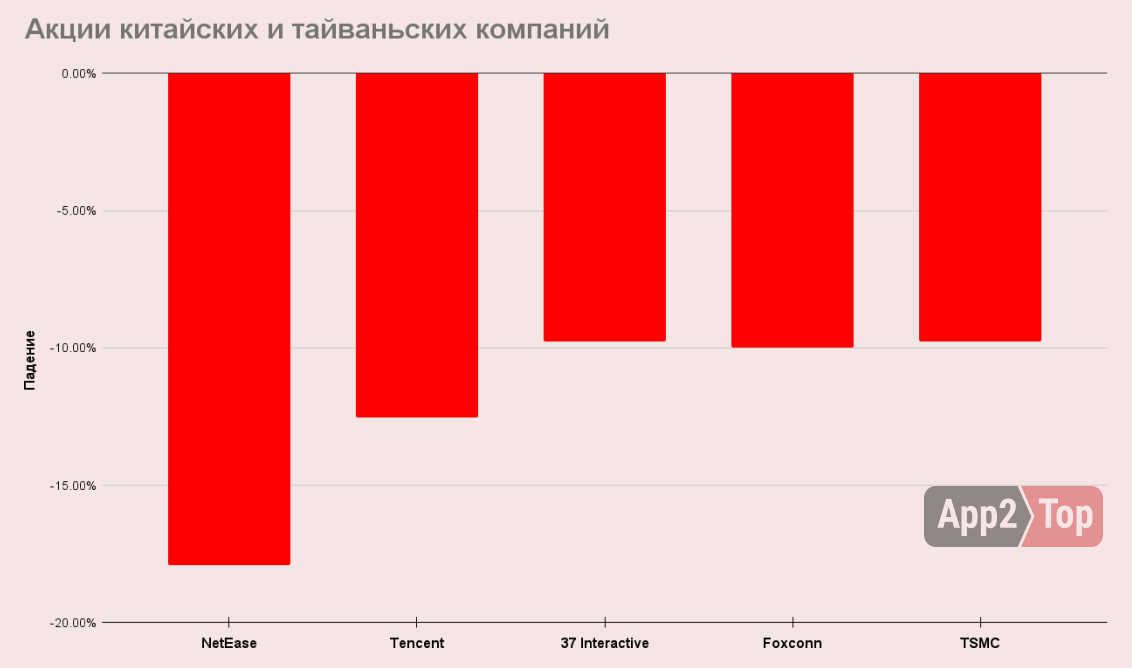On April 2nd, Donald Trump announced an increase in tariffs and the introduction of new duties on most of the US partners. The new wave of the trade war inevitably impacted gaming company stocks worldwide, especially in the Asian region. Our material discusses the stock market reaction, which can currently be described as cautious panic.
Donald Trump
What Happened?
On April 5th, universal customs tariffs at a rate of 10% came into effect. Without delving into economic details, they apply to almost all goods imported into the US.
Starting April 9th, the so-called "reciprocal tariffs" will also come into effect for certain trading partners of the United States. Rates vary from 10% to 50% depending on the country and region. For instance, they will be 20% for the EU, 24% and 25% for Japan and South Korea, and 34% for China. Concurrently, the new tariffs against China will reach an impressive 54% considering previous increases.
Economists and investors worldwide raised alarms on April 3rd, the day after the tariffs were announced. This predictably led to panic on the stock markets, resulting in falling stock indices and share values across various sectors.
In this text, we focus on the following regions: China, Japan, South Korea, the US, and Europe.
Most of the article was written on April 7th, when gaming companies worldwide synchronously lost value. Some have already managed to partially recover. However, we believe it is vital to highlight the overall situation and document the initial reaction of the stock markets amidst widespread uncertainty.
China
Some of the largest shocks were experienced by the stocks of Chinese companies. The reaction was not only due to the 34% increase in tariffs by the Trump administration but also Beijing's reciprocal decision to impose mirror tariffs on all American imports.
On April 7th, the Hong Kong Stock Exchange saw its biggest daily drop in nearly 30 years. The Hang Seng Index plummeted by 13.22% — the largest decline since October 28, 1997 (-13.7%) when the Asian financial crisis raged.
This affected Chinese gaming companies trading on the exchange. Tencent's shares fell by 12.54% in a day to 435.4 Hong Kong dollars per share, and NetEase's share value dropped by 17.91% to 135.2 Hong Kong dollars per share.
The market situation also impacted public gaming companies trading within mainland China. The CSI 300 index fell by 7% in a single day. As a result, the shares of 37Games (Puzzles & Survival, Soul Land), listed on the Shenzhen Stock Exchange, dropped by 9.76% to 13.5 yuan per share.
Fall of Chinese and Taiwanese company stocks on April 7th
Meanwhile, some experts believe that market volatility could benefit Hong Kong. Local legislator Jeffrey Lam Kin-fung urged the exchange to expedite the adoption of planned reforms, including reducing listing requirements. He believes such steps would increase Hong Kong's appeal to Chinese and international companies as a relatively stable region amid economic uncertainty.
The upheaval also impacted Taiwan, where the most notable drop was seen in Foxconn. As the world's largest electronics manufacturer, responsible for producing key gaming devices, the company has factories in both China and Vietnam, which produce consoles such as Nintendo Switch, PlayStation, and Xbox.



